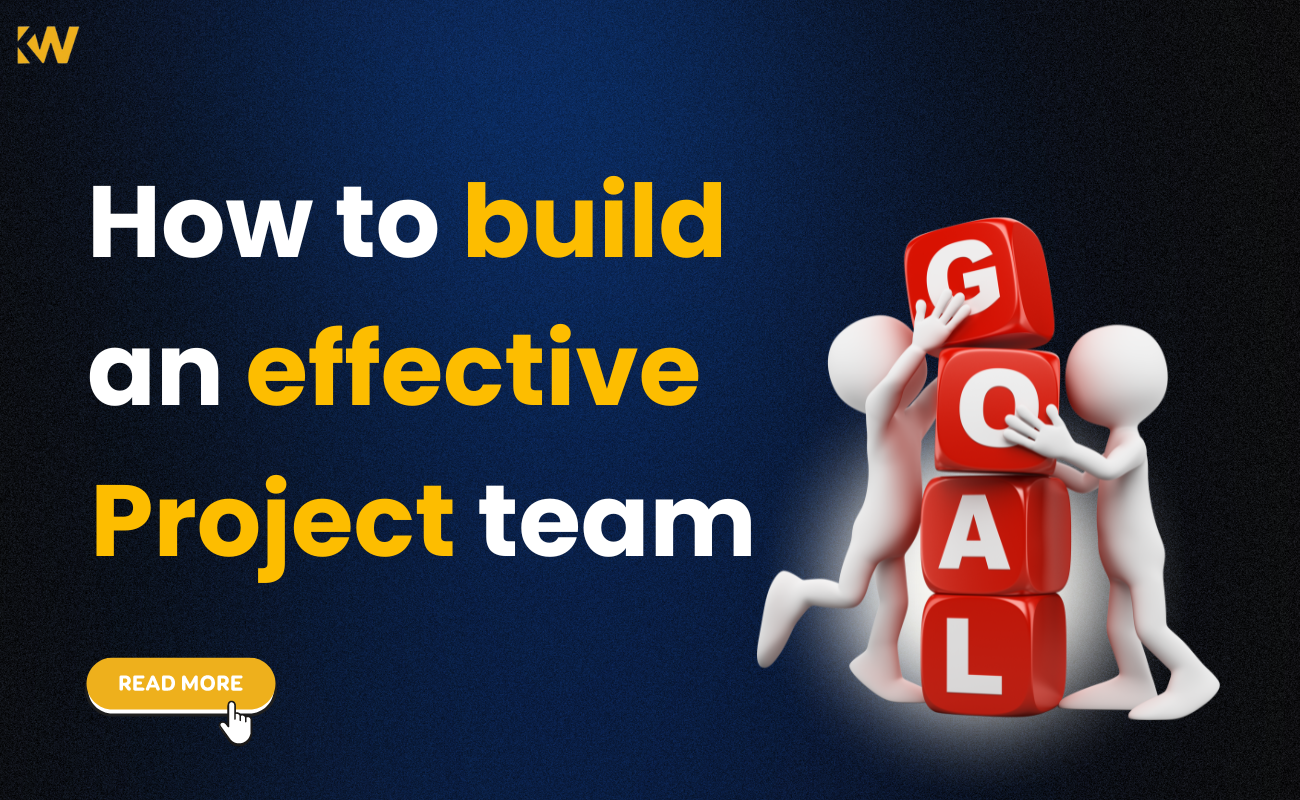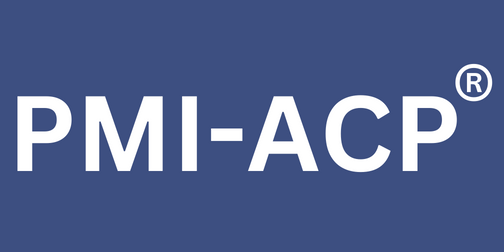
How to build an effective project team
Posted On September 13, 2024 - 16:21 PM
The process of learning how to create a successful team of project managers goes well beyond a strict data-driven hiring policy. There's no limit to the methods, leadership abilities and use of software which can to make your team more than the total of its components. However, that shouldn't hinder us from trying to include the entire spectrum throughout this post.
If you're at a loss or are seeking ways to improve your team's project management skills make sure you turn off all distracting devices and pay attention. A well-organized project team is the foundation of a successful project's delivery. It's more than just gathering those with the necessary abilities; it's about building a unified unit that works to achieve the same goal. Here's a step-by-step guide on how to create a successful project team:
1. Define the Clear Project Goals and Roles
-
Clarity is essential: Ensure everyone on the team is aware of the goals, objectives and deliverables.
-
Definition of roles Define clearly each person's role, making sure there aren't any gaps or overlaps in coverage.
2. Choose the right people
-
Experience and Skills: Consider the specific requirements for the skills and experience required by the project.
-
Cultural compatibility: Look for individuals who are in alignment with the values and beliefs of the team.
-
Personality suitability: Ensure team members are compatible in their personalities, which will help to reduce conflicts.
3. Establish Effective Communication Channels
-
Open communication lines: Create a culture that allows team members to be comfortable sharing thoughts, and ideas and provide feedback.
-
Meetings regularly: Regular team meeting times are scheduled to talk about progress, resolve issues, and make a decision.
-
Tools for technology: Make use of tools to manage projects and platforms for communication to aid collaboration.
4. Create a Positive Team Culture
-
Encourage collaboration: Promote a collaborative environment where team members help and inspire one another.
-
Recognize accomplishments: Acknowledge and reward team members for their contribution to the development of this project.
-
Resolve conflicts quickly: Resolve conflicts peacefully and constructively to ensure the positive energy of your team.
5. Supply the Required Resources and support
-
Equipment and tools: Ensure team members have access to the tools and equipment needed to perform their duties.
-
Development and training: Offer opportunities for professional development and growth.
-
Mentorship: Team members who are experienced with less skilled team members to provide support and guidance.
6. Improved Continuously and Evaluation
-
Feedback regularly: Regularly conduct performance evaluations to evaluate the contributions of team members and pinpoint areas for improvement.
-
Retrospectives of projects: After project completion review the project retrospectives learn from failures and successes and apply the lessons learned for future projects.
How forming effective project teams will benefit your Organization in 2024
The idea of forming efficient teams for project management is still vital in 2024, particularly due to the ever-changing and complicated nature of today's business environment. Here's how you can make it work for your company:
1. Increased Efficiency and Productivity:
-
Clare roles and responsibilities: Well-defined roles minimize confusion and ensure that tasks are done effectively.
-
Effective communications: Open communication channels help in problem-solving and collaboration which results in faster execution of projects.
-
Team members who are motivated: A positive team culture and the recognition of their achievements will boost morale and increase productivity.
2. Higher Quality and More Deliverables:
-
Shared understanding: An effective team makes sure that everyone is on the same page with the goals of the project, resulting in more high-quality outputs.
-
Information sharing: Team collaboration encourages the sharing of knowledge and creativity, which leads to more effective solutions.
-
Reduction of errors: Effective communication and coordination eliminates mistakes and miscommunications which improves the overall quality.
3. Greater Resilience and Adaptability:
-
Problem-solving: The team's culture is supportive of open discussions and problem-solving that are creative, allowing the company to adjust to changes in the environment.
-
Risk management: Teams that collaborate can spot and reduce risks more efficiently to ensure project success.
-
Resilience: An effective team can weather setbacks and difficulties more efficiently while retaining the momentum to achieve your goals for the project.
4. Attraction and Retention of Talent:
-
Customer satisfaction: A positive team culture and the opportunity to grow can increase the satisfaction of employees and retention.
-
The employer brand: An image of creating highly productive teams can draw the best talent to the company.
-
Innovation: Diverse and collaborative teams can lead ingenuity and innovation, making your company more efficient and competitive.
5. Competitive Advantage:
-
Speedier time to market: Efficient project teams can complete projects within the timeframe as well as ahead of time, giving an edge in the market.
-
Customer satisfaction: Quality deliverables of the highest quality and exceptional customer service will increase happiness and retention.
-
Innovative: A culture of collaboration and ingenuity can allow organizations to keep up with the times and create new products or services.
Conclusion
In today's business world that is constantly changing creating effective teams for projects is more important than ever. Following the steps described in this document, businesses can build cohesive units that drive the success of projects increase productivity, and boost overall performance. By setting clear goals by identifying clear goals, selecting the right people, encouraging open and honest communication, and supplying the necessary resources, companies can create positive teams that encourage innovation, collaboration and resiliency. This in turn will result in higher-quality outputs as well as a faster time-to-market and competitive advantages.
FaQ
Q1. How to develop an effective project team?
Ans. How To Build An Effective Project Team? 10 Essential Tips For Project Success
-
Identify clear goals and embed them in your team.
-
Recognize diversity as a far-reaching advantage.
-
Promote a healthy working culture.
-
Define clear roles and ensure accountability.
-
Enhance your strategy with smart software.
Q2. What action will you take next to build an effective project team?
Ans. Make sure that you have a clear idea of what you need to accomplish; that you know what your standards for success are going to be; that you have established clear time frames; and that team members understand their responsibilities. Use consensus. Set objectives, solve problems, and plan for action.
Q3. What are the 5 stages of a project team?
Ans. The stages a team generally goes through are: forming, storming, norming, performing and adjourning. As a project manager, a good understanding of these stages will help you guide a team from infancy to maturity.
Q4. What are the 5 steps to effective team planning?
Ans. 5 essential steps to effective teamwork
-
Hire team members who are a good “people fit.”
-
Cultivate trust and accountability.
-
Take the time to dive into team-building exercises.
-
Share the (informational) wealth.
-
Foster a healthy culture that welcomes (constructive) conflict.
Q5. How to manage a project team?
Ans. 1)Praise your team where it is due.
-
2) Be approachable and encouraging.
-
3) Allow your team to work in their style.
-
4) Be decisive, not flaky.
-
5) Know how to delegate.
-
6) Lead your team by example.
-
7) Maintain good communication with everyone.
-
8) Never settle for 'one size fits all'


















